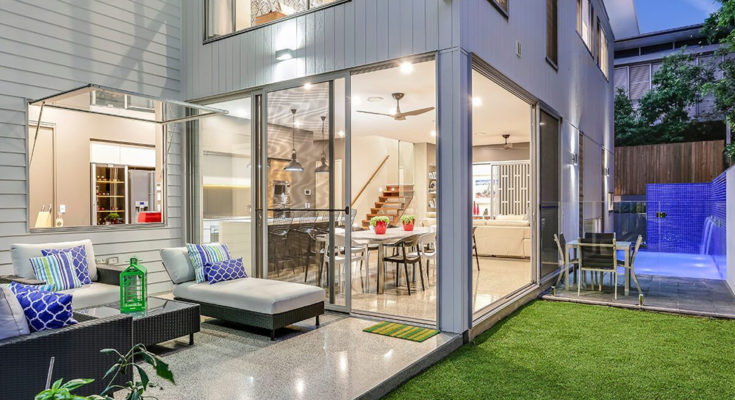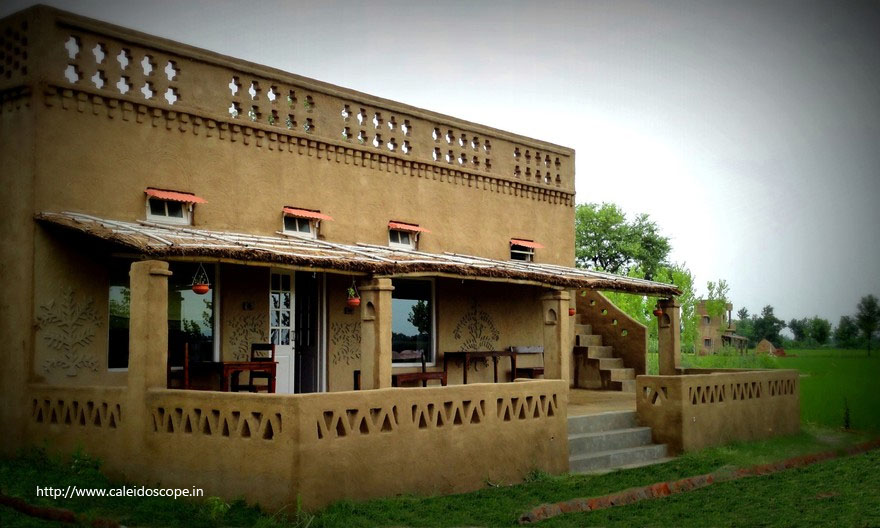If you are shopping for a home, you have most likely walked through some of the ‘McMansions’ that are currently on the market. During the most recent housing boom, thousands of these track-built monstrosities were ‘thrown-together’ and sold for top dollar.
With the economic collapse of the late 2000’s came a wave of foreclosures and plummeting real estate prices, in effect lowering the selling prices of these lavish homes and making them a viable investment for the average American.
Now that these large homes, which have become the ‘American Dream’, are finally within your reach, should you consider buying one? Do you really want to commit to living in a home that is 2,500 SF or more and the financial burden that comes with it?
The ‘Small Home’ movement has been growing rapidly in the aftermath of the recent economic decline and the benefits of this movement have been championed by best-selling author Susan Susanka beginning with her book “The Not So Big House”.
While the popularity of this movement has grown in recent years, the concept is far from new. Historically, smaller homes were the norm in the United States and have always been the norm in Europe and Asia. The average American home in 1950 was just less than 1,000 square feet, while in 2004 the average was about 2,400 square feet. This gigantic increase in living space is a direct result of the rapid rise in wealth that blanketed the US during the economic boom. Recent data proves that the average size of new homes is dropping once again and it makes you ask yourself, should I buy a smaller home?
The Benefits First you must analyze the benefits of building a smaller home and determine whether they outweigh your ‘need’ for space. The list of benefits is long and they are definitely worth contemplating. Let’s take a look:
1. Cheaper to Build
Higher Quality The fact of the matter is that the cost to build a home is relative to the size of the dwelling. Not only is it cheaper to build a smaller home, but also the money saved on raw floor space can be incorporated into the finishes of the home.
When building a large home, homeowners often have to sacrifice quality for quantity. Building a small home allows you to incorporate efficient, healthy and high-quality materials into your house that you otherwise wouldn’t be able to consider with a larger floor plan.
Your siding, flooring and finish materials will increase in quality, increasing both the character and durability of your home. In other words, luxury is more attainable and your options increase by ten fold.
In addition, your loan amount could be smaller and the percentage of your down payment will increase, affording you a lower mortgage payment and a better interest rate, saving you tens of thousands in the long run.
2. Lower Property Taxes
With building a smaller home comes the benefit of lower property taxes. A smaller footprint often translates into your home being viewed at a lower value, offering you a more favorable assessment on your property than neighbors with larger homes.
3. Energy Cost & Consumption
With a smaller space, come lower energy bills. Studies show that heating and cooling costs alone are 13-20% lower in a home that is 1,500 square feet compared to a home that is 2,500 square feet.
4. Environmental Impact
A small home simply uses fewer natural resources in construction, maintenance and energy consumption. The efficiency of a small home helps the environment and helps you live responsibly.
5. Maintenance & Cleaning
The smaller the home, the less maintenance you have to worry about. Think about the cost to replace siding on a 2,500 SF home compared to a 1,500 SF home or the amount of money that can be saved when installing new flooring or tile. There are fewer windows to replace, walls to paint and gutters to clean.
Regular household chores will be cut in half and if you hire a cleaning service, their rate will be lower.
6. Less Clutter Less space.
equates to less room for items that aren’t necessities. We all know that the more space we have, the more ‘junk’ we accumulate. Having a smaller home forces you to become more organized and avoid the accumulation of unneeded possessions. Think of all the unused items you’ll be motivated to donate to charity or sell on eBay and Craig’s List.
7. More Financial Freedom
When living in a smaller home, the savings you’ll accumulate from having a smaller mortgage, lower utility bills and overall reduced consumption will add up quick. You will be able to free yourself from unneeded expenses and become more financially secure.
Summary This is just a small glimpse at some of the benefits of building a smaller house. As a PA home builder, I am a huge advocate of the ‘Not So Big House’ and I highly suggest that individuals interested in building a small home buy one of Susan Suzanka’s best-selling books.



